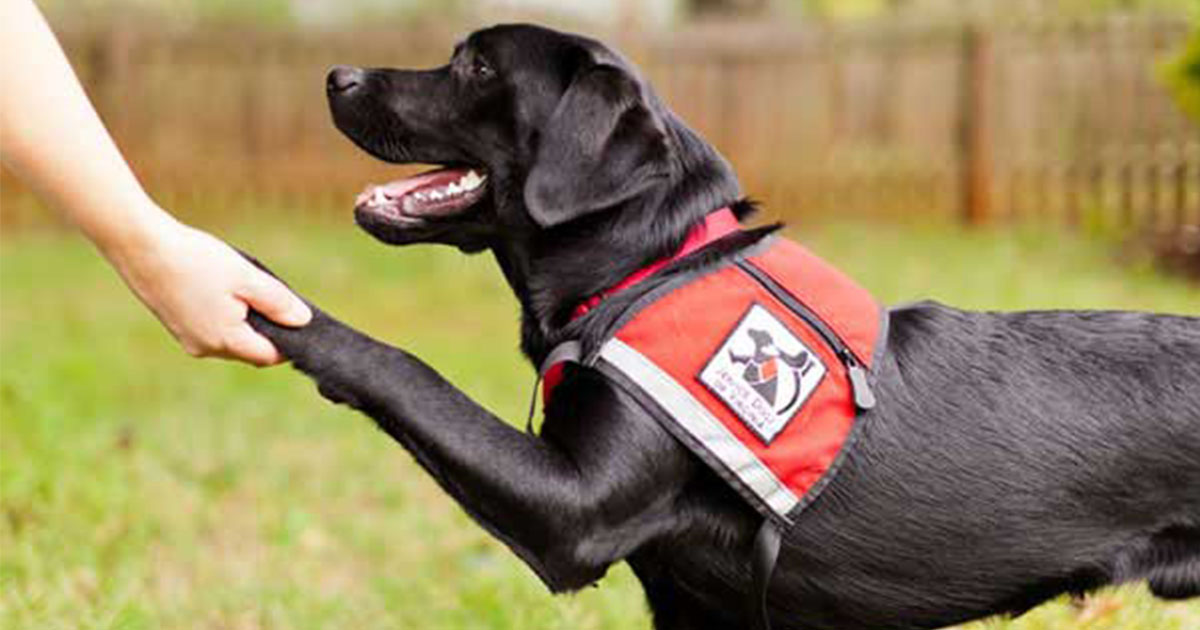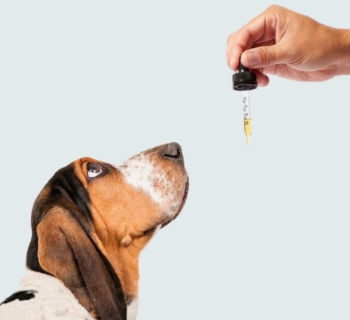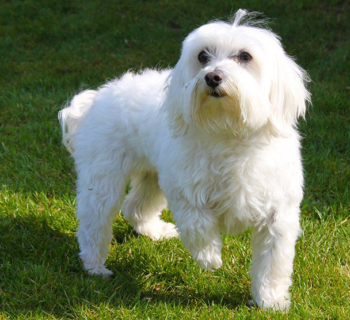Positive reinforcement is more than just a training method; it's a philosophy that celebrates the bond between dog and owner while fostering a harmonious learning environment. Unlike punishment-based techniques, positive reinforcement focuses on rewarding desired behaviours, creating a nurturing atmosphere where dogs thrive. Let's explore the science behind positive reinforcement, its benefits, and why it's the preferred choice for responsible dog owners.
Understanding Positive Reinforcement:
Positive reinforcement involves rewarding desired behaviours to increase their occurrence. This approach emphasises the positive, rewarding actions rather than punishing undesirable ones. Rewards can vary from treats and toys to praise and affection, tailored to what motivates each individual dog. Beyond shaping behaviour, positive reinforcement builds trust, strengthens the bond between dog and owner, and cultivates a positive learning atmosphere.
The Science Behind Positive Reinforcement:
Research underscores the effectiveness of positive reinforcement in modifying behaviour and facilitating learning in dogs. By associating desirable behaviours with rewards, dogs are motivated to repeat those behaviours to achieve the desired outcome. Positive reinforcement triggers the release of dopamine in the brain, generating feelings of pleasure and satisfaction. This neurological response reinforces the behaviour, making it more likely to be repeated in the future.
Benefits of Positive Reinforcement:
Builds Trust: Positive reinforcement creates a supportive environment where dogs feel secure to explore and learn, fostering trust between dog and owner.
Enhances Learning: Dogs are more engaged in training when rewarded for their efforts, leading to faster and more reliable learning outcomes.
Strengthens Bond: By emphasising positive interactions, positive reinforcement strengthens the bond between dog and owner, promoting mutual respect and understanding.
Promotes Emotional Well-being: This approach reduces stress and anxiety associated with punishment-based methods, promoting emotional well-being in dogs.
Understanding Punishment-Based Techniques:
In contrast, punishment-based techniques rely on aversive consequences to discourage undesirable behaviours. These consequences may include verbal reprimands, physical corrections, or the use of aversive tools like shock collars or choke chains. While punishment may suppress unwanted behaviours temporarily, it can also instil fear, anxiety, and aggression in dogs, eroding the trust between dog and owner.
The Science Behind Punishment:
Research indicates that punishment-based techniques can have negative effects on canine behaviour and welfare. Punishment triggers the release of stress hormones like cortisol, leading to chronic stress and associated health issues. Moreover, punishment can create negative associations with training and undermine the bond between dog and owner, potentially resulting in fearful or defensive behaviours.
Choosing The Right Approach:
When it comes to training our canine companions, positive reinforcement emerges as the humane, effective choice. By focusing on rewarding desirable behaviours, we create an environment where dogs feel valued, respected, and eager to learn. Positive reinforcement not only promotes learning but also nurtures the bond between dog and owner, fostering a relationship built on trust and mutual respect.
In Summary:
Positive reinforcement stands as the gold standard in dog training, offering a compassionate, scientifically validated approach to shaping behaviour. By understanding the principles behind different training methods and their impacts, we can make informed decisions that promote the well-being of our furry friends. If you're curious about dog training or seeking guidance on nurturing a positive relationship with your canine companion, don't hesitate to reach out to Revolution Dog Training. Together, let's embark on a journey of mutual learning and growth.














